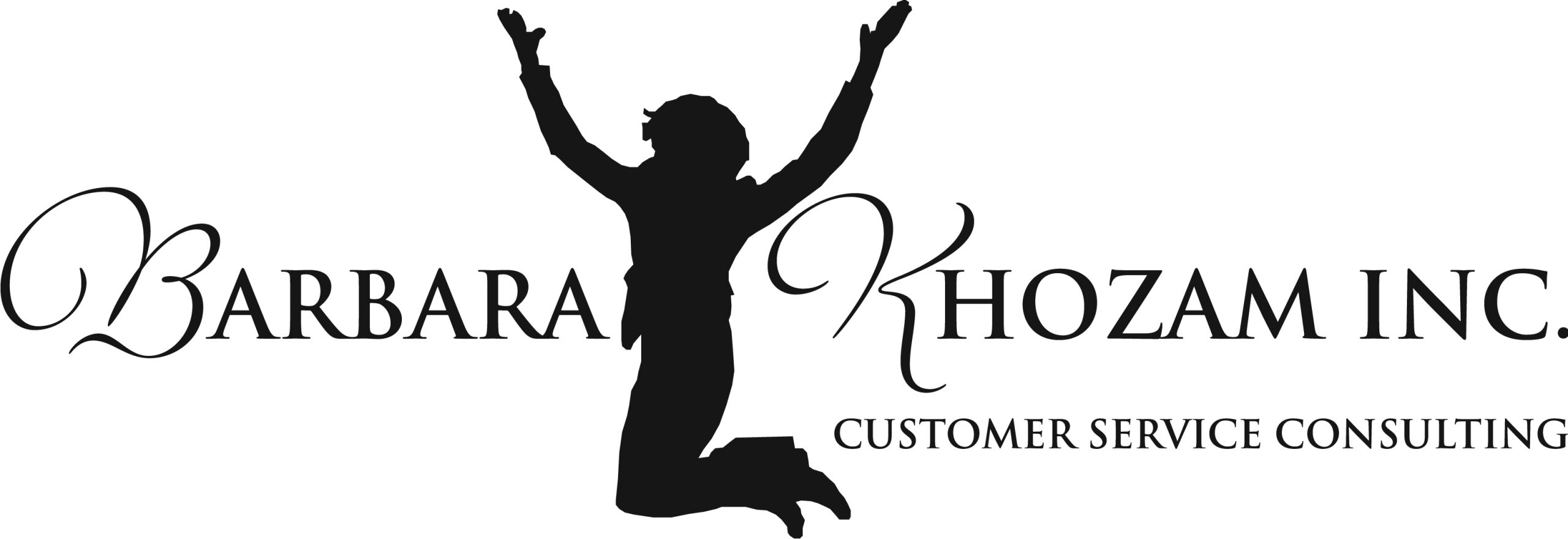
Copyright: bialasiewicz / 123RF Stock Photo
Given the current climate of the much-needed changing attitudes toward women—from the spotlighting of sexual assault and harassment of female students in colleges across the country to actresses in Hollywood to women in the business world, all of which have culminated in women’s empowerment movements like #MeToo and Time’s Up—is it okay to address female customers by terms like Honey, Sweetie or Darling?
Real World Story: Full disclosure: I LOVE terms like honey, sweetie, and darling. When I hear someone address me by a term of endearment, I think they’re being nice. BUT, apparently, a TON of women I know HATE hearing such terms from men. They feel that the men who use these terms are being disrespectful, chauvinistic, demeaning, intentionally patronizing and condescending, ignorant, and even plain ole stupid. Is this a silly reaction? Am I right and they wrong, or are they right? Am I simply a throwback to earlier innocent times or clueless about the realities behind the use of these terms by a few bad apples that have tainted the entire barrel?
Bottom line: you never know who’s who. You don’t know whether a female customer will like it or hate it. We must consider and depend on many, many variables about who’s addressing us: their age, gender, sexual orientation, ethnicity, cultural standards and norms, what part of the country you live in—and the context of the interation. So what to do instead?
Strategies that Turn it Around:
- Get and use the customer’s name. In general, always play it safe. Make it a priority first to get a customer’s name. Then use it throughout your service interaction to make them feel acknowledged. This is especially vital when you first meet a customer or when you don’t know the customer well, even after a few previous interactions.
- Build a solid relationship first. You may be the type of person who effectively uses terms of endearment to win over customers in order to make them feel safe and important. Some of us are just wired that way. And, at its core, this isn’t a bad thing. But given the state of political correctness and the many, many examples of abuse against women, always follow strategy #1 above. However, if you are able to build a solid and deep relationship with a customer—a waiter who has the same customer every Tuesday morning at 9 for the last six months, a nurse practitioner who has treated a patient every other day for the last three months—the use of terms of endearment may be appropriate—and even welcomed. Every customer, client and patient is different, and so are the circumstances of each interaction. Based on many variables, use good judgment above all else before using terms of endearment.
Remember: Social norms and customs are always evolving. But humans remain a direct result of the environments in which they grew up. And even though political correctness is something we need to keep in mind, we can’t become overly rigid to the exclusion of using good judgment to allow us to connect with customers, clients and patients on a deeper and more meaningful level. It’s a fine line, but one that we can avoid crossing when it’s inappropriate to do so.
How do YOU ensure that your customer service team members don’t use terms of endearment with your customers, or do so when appropriate? Please share your comments and stories.

